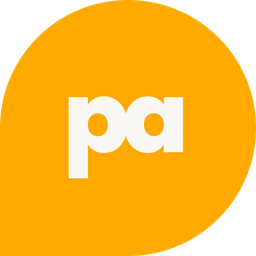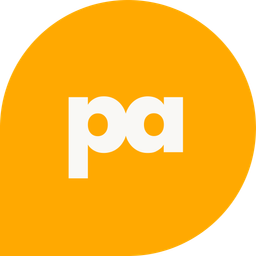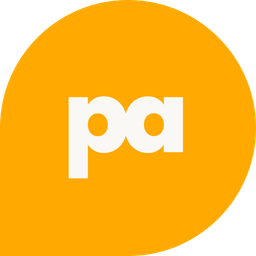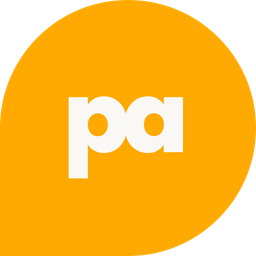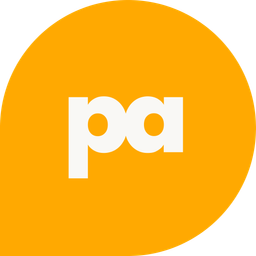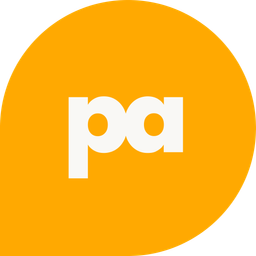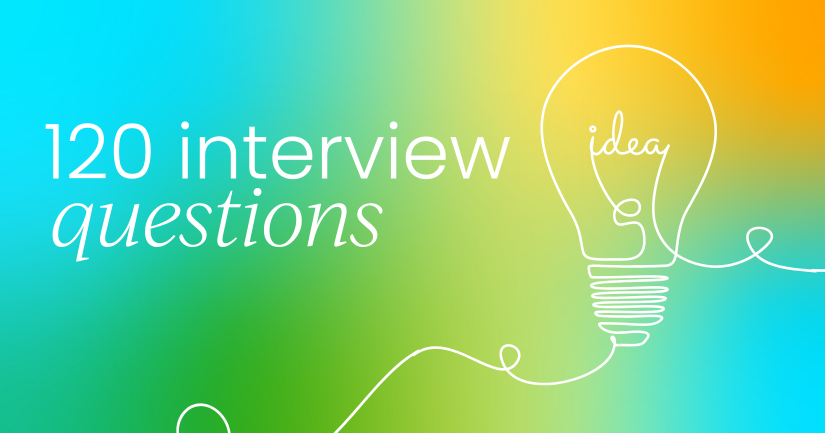Want to find the best person for the job?
Skip the generic questions and ask strategic ones that actually matter. This can be the difference between hiring someone who meets the job description on paper and finding your next superstar. 🌟
An interview isn’t just a checkpoint in the hiring process. Job interviews are a powerful opportunity to assess alignment, potential, and long-term fit. Of course, doing that is often easier said than done.
That’s why we recommend preparing your interview questions ahead of time. When you’re clear on what you want to learn about each candidate, it’s easier to choose the best questions and find someone who’s the right fit for your team.
To help you do that, we've compiled 120 strategic interview questions to ask candidates, including external interviewees, internal applicants, and even interns!
Table of contents:
- The interview process
- Developing your interview strategy
- Top interview questions for external candidates
- Differences between internal vs external interviews
- Internal interview questions
- Interview questions for interns
- Spotting green and red flags in interviews
...but before we get to the top interview questions to ask candidates, let's take a look at the interview process and brush up on the steps.👇🏼
The interview process
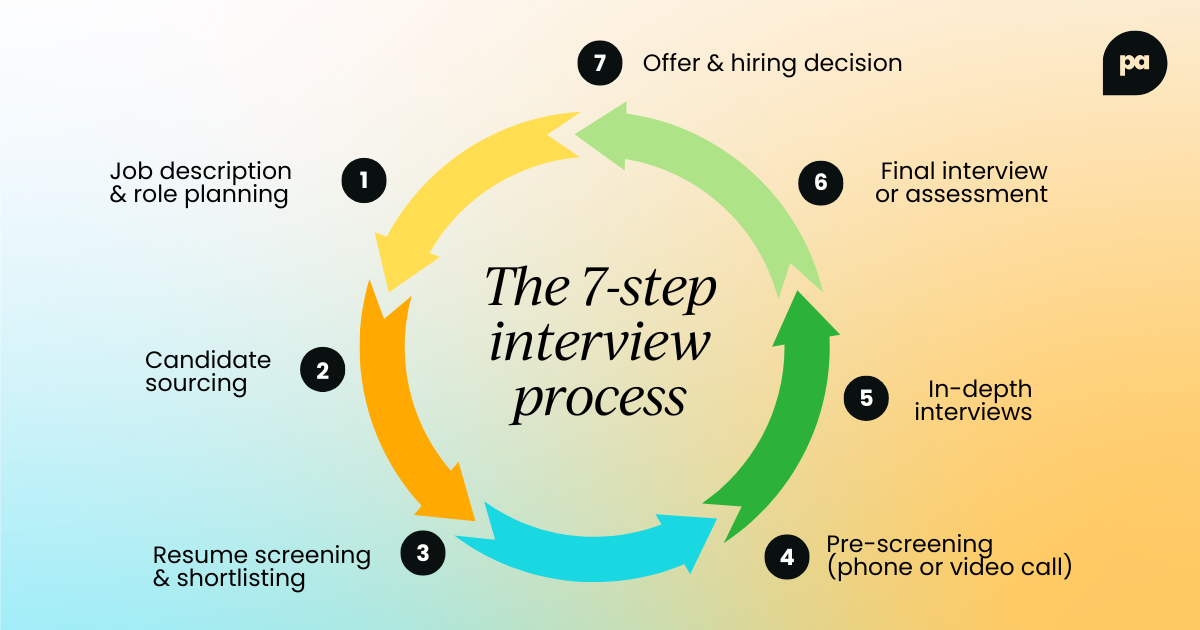
1. Job description & role planning
This stage involves defining the role, responsibilities, required qualifications, and what success looks like in the position. Take some time with this one - it sets the foundation for everything that follows.
2. Candidate sourcing
You attract talent through job postings, employee referrals, recruiters, or direct outreach. A strong employer brand and a clear job ad can help bring in quality applicants.
3. Resume screening & shortlisting
Applications are reviewed, and candidates who meet the core requirements are shortlisted for the next step. This may include a manual review or even AI-driven screening tools.
4. Pre-screening (phone or video call)
A pre-screening interview is a quick first step in the hiring process (usually a short phone or video call) meant to confirm the basics before moving a candidate forward. It helps save time by making sure the person meets the key requirements and is genuinely interested in the role.
Common pre-screening interview questions:
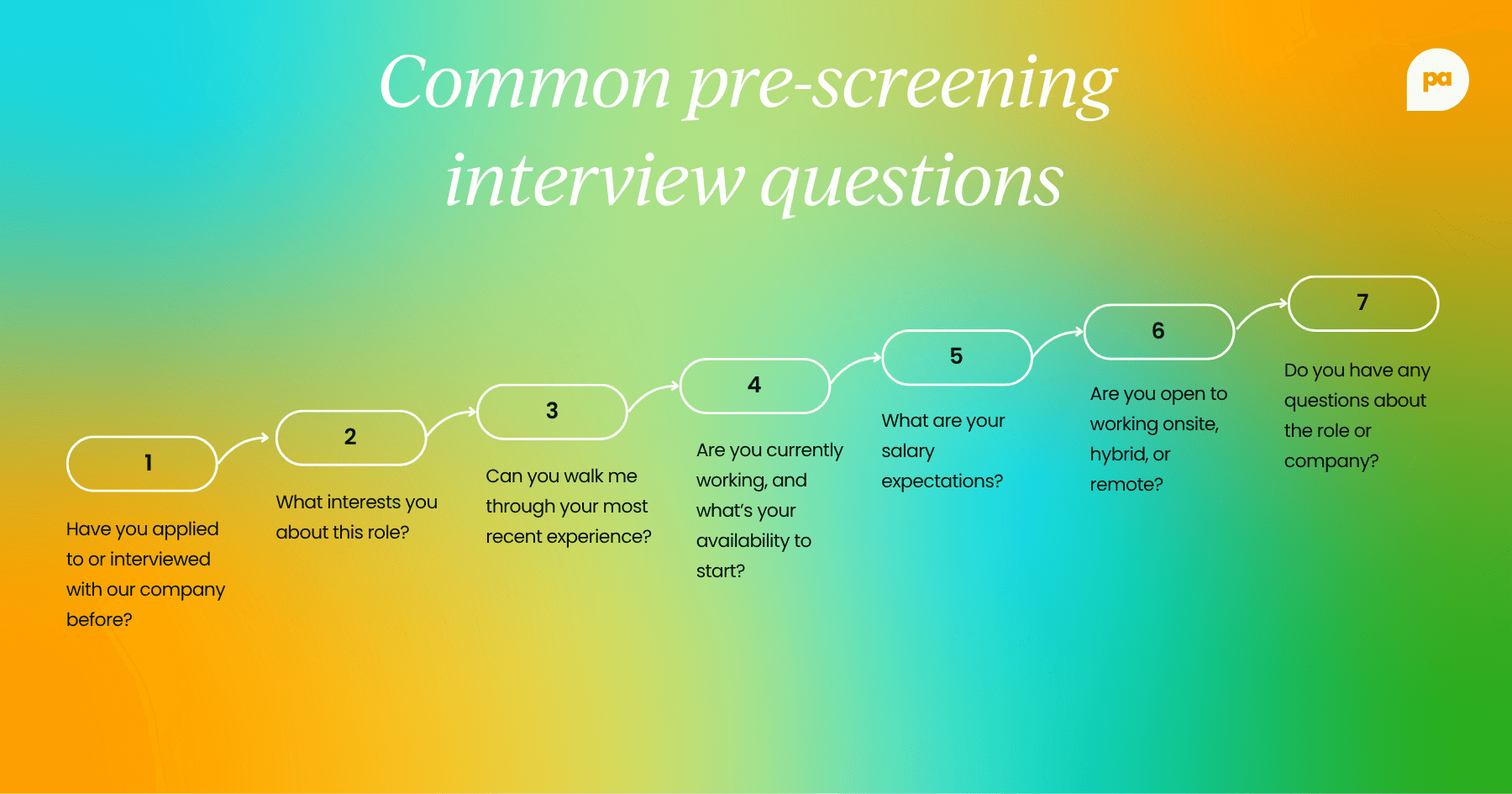
This stage is your chance to spot early green (or red) flags and set the tone for a more focused, productive interview process.
Good to know: Most job interview processes involve two main stages. But for leadership roles, the process is typically longer, often three or more rounds, including at least one in-person meeting. (Source)
5. In-depth interviews
Structured interviews with hiring managers, team members, or panels. These may include behavioral, situational, technical, or cultural fit questions. Make sure to block out at least 45 minutes, as most job interviews typically last between 30 and 45 minutes.
6. Final interview or assessment
A final stage that may involve a presentation, case study, assignment, or executive interview can be a powerful way to confirm a candidate’s skills and decision-making style. 51% of recruiters say the best candidate typically emerges after three interviews, making this final round a key moment in the hiring process.
7. Offer & hiring decision
The team discusses final feedback, chooses the top candidate, and extends a job offer. After negotiation, the onboarding process begins.
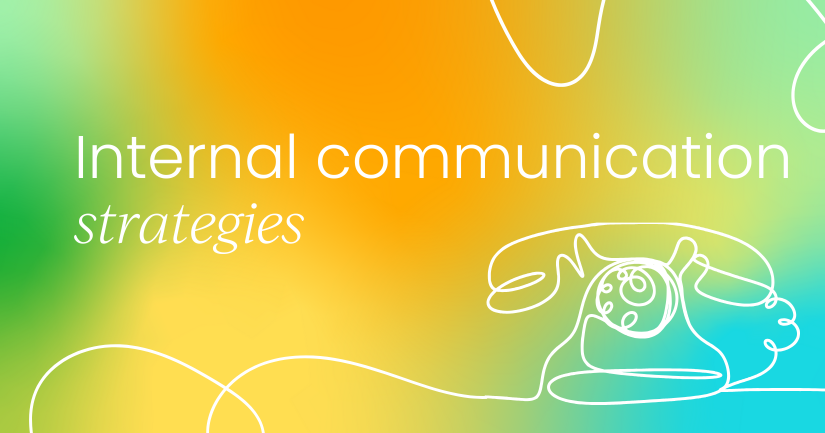
First things first - Your interview strategy
Before diving into the list of good interview questions to ask candidates, you need to have your overall plan ready to go.
An interview strategy is basically a plan that covers how you'll talk to job applicants and what you'll ask to figure out who's the best fit. It might also help you to spot any potential problems early on, figure out how well someone will actually do the job, and so on.
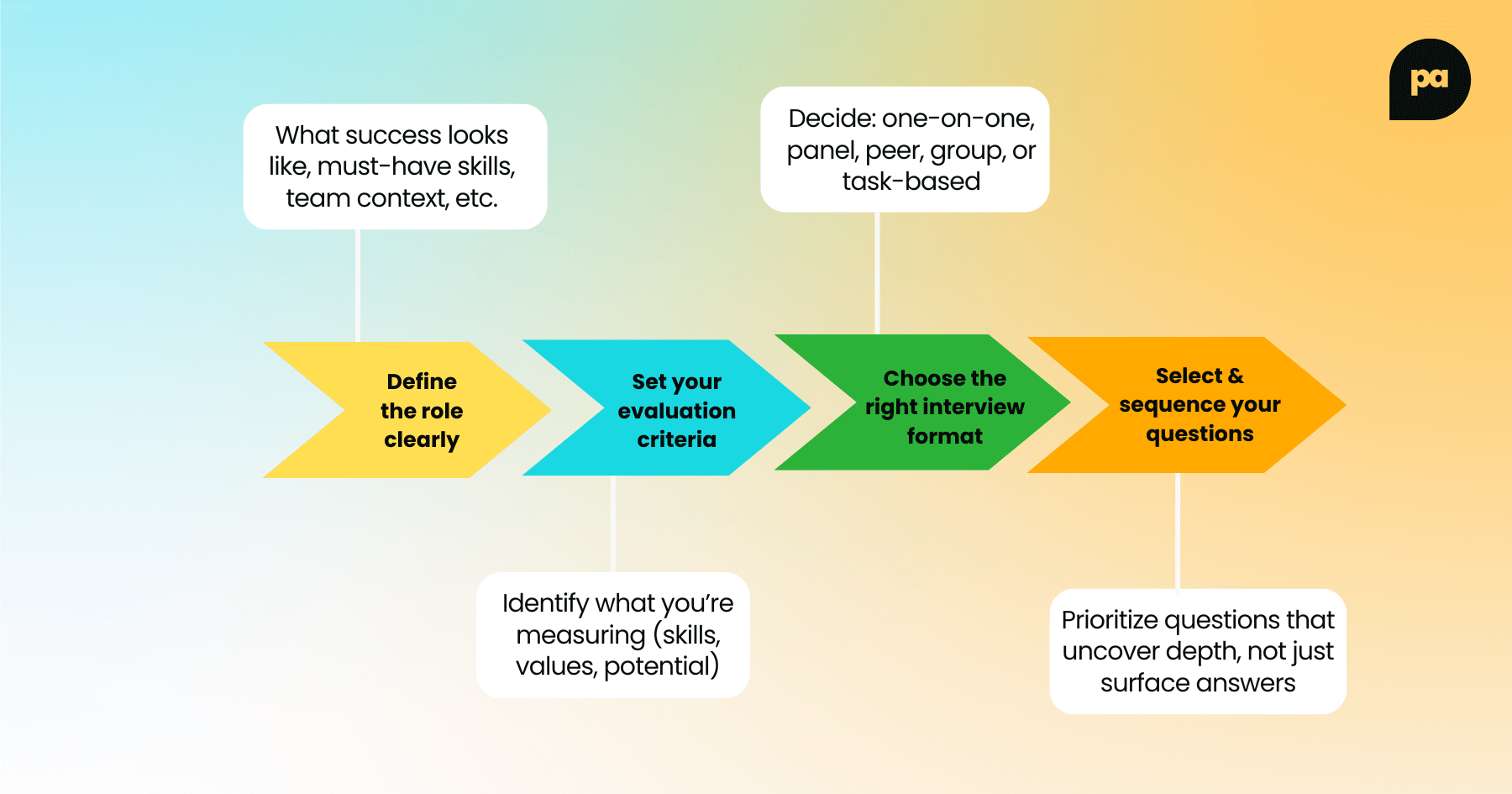
Here’s a few things to consider:
1. Know what (and who) you’re looking for
Start by clearly identifying what success looks like in the role. Think about:
- What they need to do (skills & abilities): What tasks and skills are essential for the job?
- How they should act (values & culture fit): How should this person think, talk to others, and contribute to your team's way of working?
- Where they could go (growth potential): What opportunities for learning and moving up might this person have in the future?
Having a simple checklist or scoring system based on these points will help you stay focused and fair during the interviews.
2. Use a mix of question types
Not all interview questions are created equal. Use a combination of:
- Behavioral questions (“Tell me about a time when…”) to assess past performance.
- Situational questions (“What would you do if…”) to understand judgment and thinking.
- Hypothetical or challenge-based questions to explore how someone tackles ambiguity.
3. Ask fresh and relevant questions
Avoid tired and overused questions like "What's your biggest weakness?" Candidates have often practiced answers to these. Instead, try asking things like:
"What's something you've worked on improving about yourself that you're proud of?"
"What kind of feedback is most challenging for you to hear?"
These kinds of questions encourage honest and thoughtful answers.
Here are some more examples of good (but overused) questions and more strategic interview questions to ask candidates:
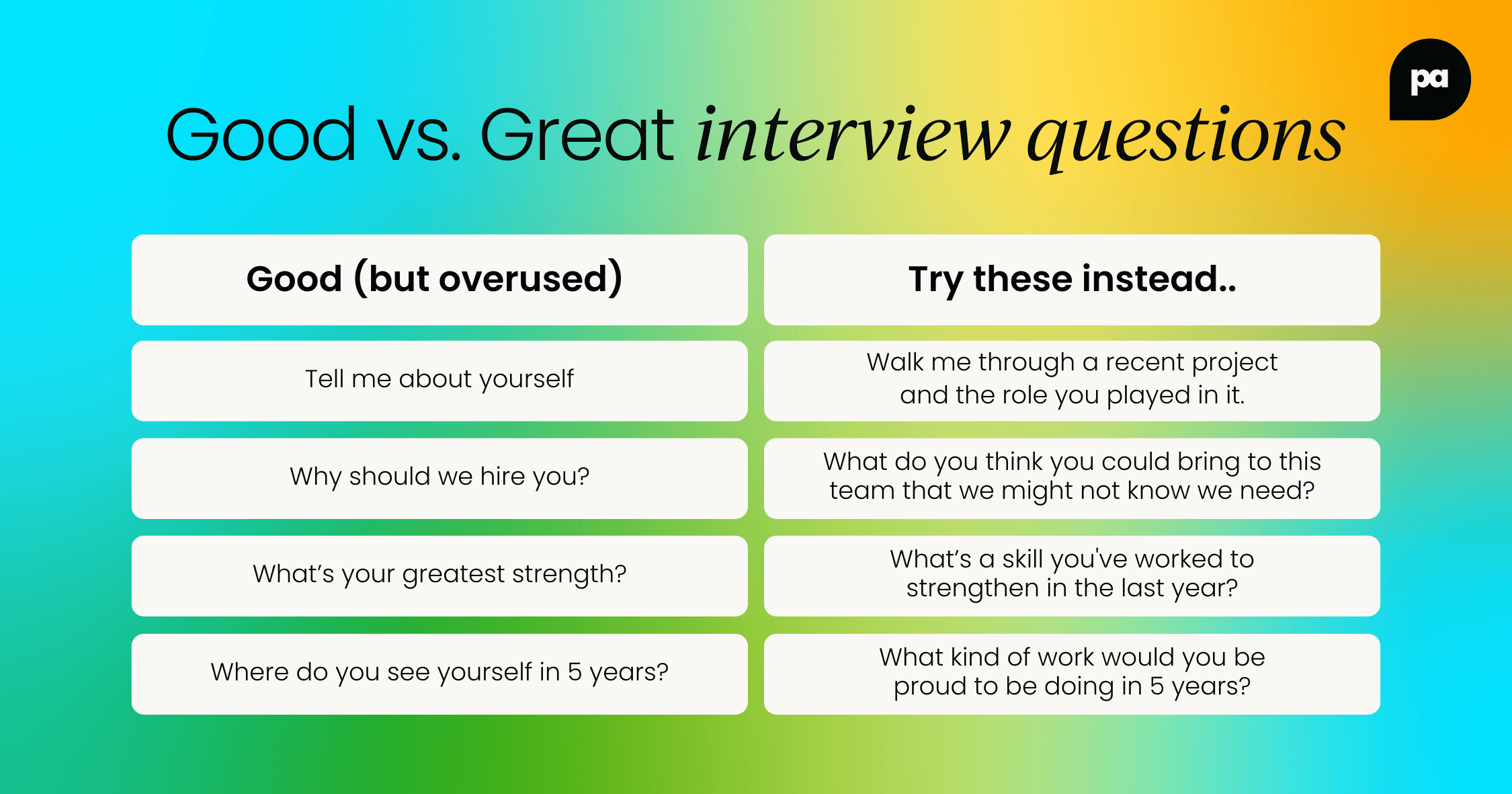
4. Align interviewers on the plan
If more than one person is interviewing candidates, make sure everyone knows:
- What part of the assessment they're responsible for.
- Which questions they should ask.
- How they should evaluate the answers.
When everyone is consistent, you'll get fairer reviews and make better hiring choices.
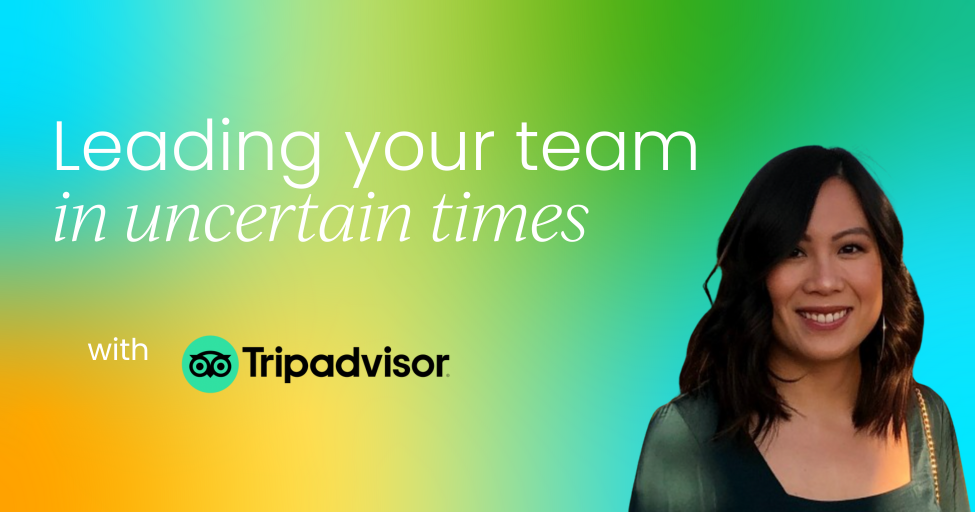
Top interview questions for external candidates
80% of employee turnover is caused by poor hiring decisions and that’s a problem no company can afford to ignore.
The good news?
You can dramatically reduce that risk with a smarter, more intentional interview approach. By asking the right questions, listening beyond the surface, and tailoring your strategy to each type of candidate, you’re not just filling a seat, you’re building a team that lasts. Every great hire starts with a great conversation. So, make yours count.
The following questions are great for understanding a candidate's past performance, how they approach challenges, and their motivations for joining a new company.
Motivation and career goals
To truly understand if someone is the right fit, you have to dig into why they want the role and not just focus on whether they can do it.
This set of questions are based on the candidate’s internal drivers, values, and long-term thinking. They’re some of the best interview questions to ask a candidate when you want to assess passion, purpose, and alignment with your company’s direction.
- Why have you decided to leave your previous role?
- Why do you want to work here?
- What excites you most about this particular role and our company?
- What are your long-term career aspirations, and how does this role fit into them?
- What kind of challenges are you looking for in your next role?
- What motivates you to go the extra mile?
- What's one skill you're actively working to improve, and how are you doing it?
- What's your philosophy on continuous learning and development?
- What unique perspective or experience do you bring that would benefit our team?
- What would make this role a meaningful next step in your career?
- How do you define success at this stage in your professional life?
- If you could design your ideal workday, what would it look like?
- What’s one non-negotiable you look for in a company before joining?
Role understanding and strategic thinking
These are strategic interview questions to ask candidates when you need to go beyond surface-level responses. These questions help you see if someone understands the bigger picture, knows about the business, and can make smart, long-term choices in the job.
They're perfect for roles where you need someone to have ideas, take charge, and get started right away.
- What do you see as the biggest challenge in this role, and how would you approach it?
- If we gave you full ownership of this function tomorrow, what would be your first three priorities?
- How have you contributed to long-term strategy in your previous roles?
- If you were hired, what would be your approach to learning the ropes and making an impact in your first 90 days?
- How do you ensure your work aligns with the broader goals of the team or company?
- How would you describe the impact this role has on the broader business?
- If you had to improve one key process in this function, where would you start?
- Imagine this role didn’t exist - what gap would the company feel?
Problem-solving and decision-making
Good hires know how to think on their feet. But great ones know how to learn from their missteps, stay calm in the unknown, and adapt as they go.
This section includes questions to ask when you want to understand the candidate's approach to solving problems under pressure and making smart calls, even without perfect information.
- How do you approach problem-solving when you don't have all the information?
- Describe a time you had to work with limited resources to achieve a goal.
- What's a decision you made that you later regretted? What did you learn from it?
- Tell me about a time you failed at something. What was your biggest takeaway?
- How do you handle ambiguity or situations where there isn't a clear path forward?
- Walk me through a recent tough decision - how did you make the final call?
- When have you had to make a fast decision with limited buy-in? What did you do next?
- How do you typically weigh risk vs reward in your decisions?
- What’s a decision you wish you'd made sooner in your last role?
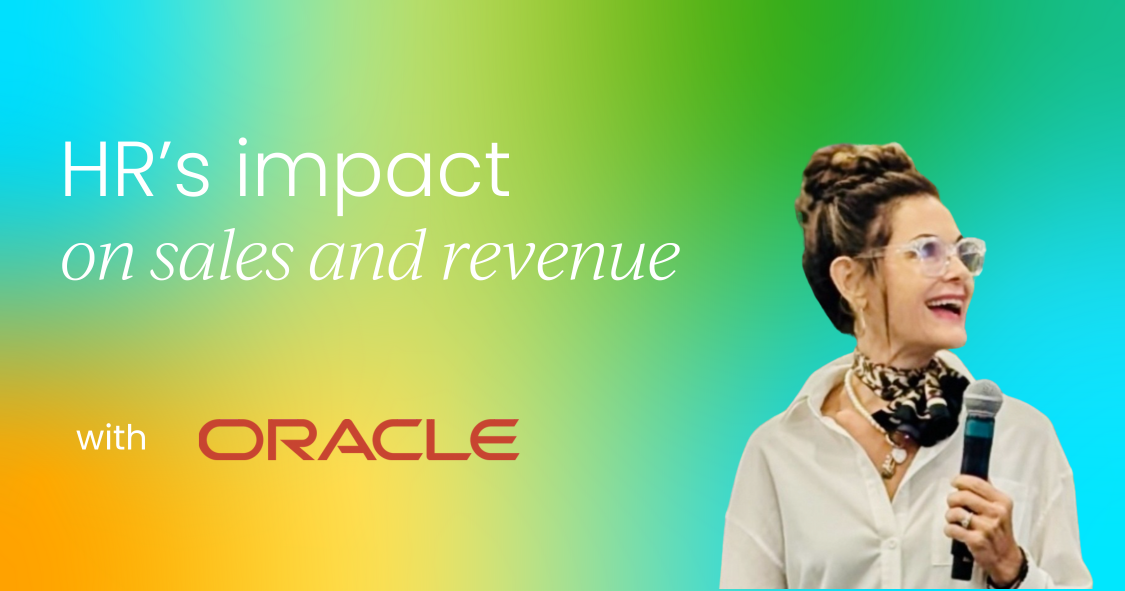
Communication and influence
These are some good interview questions to ask candidates to evaluate their communication style, emotional intelligence, and ability to work across functions and personalities.
- Tell me about a time you had to get buy-in from someone who disagreed with you.
- Describe a time you had to persuade a team or manager to adopt a new idea or approach.
- Describe a time you had to adapt your communication style to effectively convey a message to a diverse audience.
- How do you approach building relationships with new colleagues or stakeholders?
- How do you handle situations where you disagree with a manager's decision?
- How do you tailor your message when speaking with executives vs peers?
- Can you share a time you had to navigate a miscommunication?
- How do you handle being misunderstood at work?
- What's your go-to strategy for gaining influence without being pushy?
Collaboration and team dynamics
How someone functions within a team can make or break their success and your team's culture. These questions are designed to reveal how well a person listens, negotiates, and cooperates when stakes are high and opinions differ. Look for signs of maturity, empathy, and flexibility here.
- Describe a situation where you had to influence a team without formal authority.
- What does "collaboration" mean to you in a professional setting?
- Describe a situation where you had to balance competing priorities or stakeholder demands.
- Tell me about a time you had to say "no" to a request or project. How did you handle it?
- How do you stay updated with trends and changes in your industry or field?
- How do you help build trust within a new team?
- When a team project fails, what role do you typically play in addressing it?
Self-awareness and growth
This group includes strategic interview questions to ask candidates that uncover how they see themselves, how they’ve evolved, and how open they are to feedback and personal development.
- What are some of your strengths and weaknesses?
- Tell me about a time you received constructive criticism. How did you respond, and what did you do with that feedback?
- What’s a recent skill or concept you’ve learned on your own?
- Give me an example of a time you took initiative beyond your core responsibilities.
- How do you approach setting personal and professional goals?
- What feedback have you received more than once in your career?
- How do you track your own personal or professional development?
- What’s something you used to struggle with that you now handle confidently?
- What would your last manager say you bring to a team that others don’t?
Work style and adaptability
Work environments change fast. Whether it’s a sudden shift in priorities or unexpected pressure, adaptability is a must. These are great interview questions to ask the interviewee if you want to understand how they stay productive, focused, and calm when things don’t go as planned.
- How do you prioritize your work when faced with multiple urgent deadlines?
- How do you ensure accuracy and quality in your work, especially under pressure?
- How do you manage stress or pressure in a high-stakes environment?
- How do you respond to unexpected change?
- Describe a time you had to deal with a change in company direction or strategy.
- How do you organize your day when everything feels like a priority?
- What’s your strategy for resetting after a particularly stressful week?
- How do you maintain focus in a fast-paced or distracting environment?
- What’s your approach to learning new systems or tools on the job?
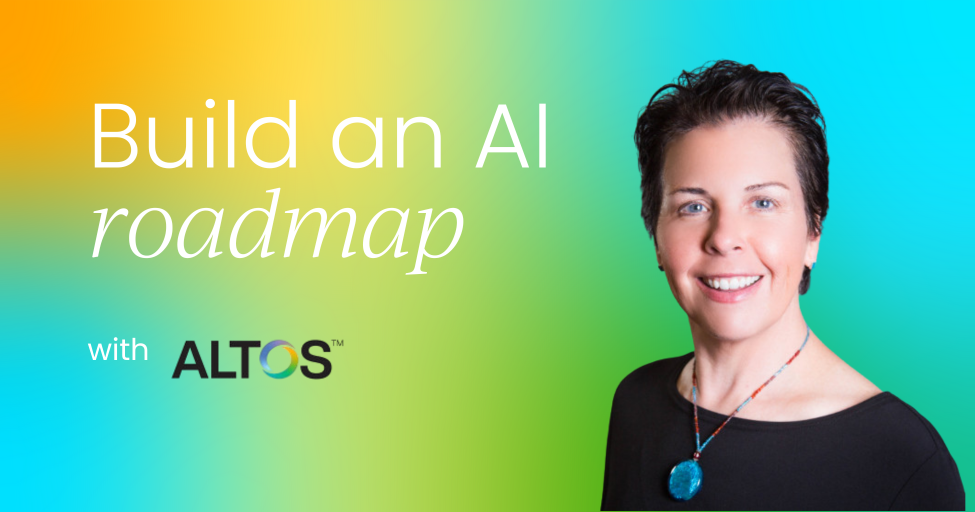
Cultural fit and values
Skills get candidates in the door, values help them stay. These questions explore whether someone will thrive in your culture, contribute to it, or possibly clash with it.
- What type of work environment brings out your best?
- What values are non-negotiable for you in a company culture?
- What kind of work environment allows you to do your best work?
- Describe a time when you challenged the status quo at work. What happened?
- What's one thing you would change about your last job or company, and why?
- When have you felt most aligned with a company’s culture and what made it work for you?
- What kind of leadership style brings out your best work?
- What’s a workplace value you strongly believe in, but don’t always see practiced?
- How do you contribute to building a positive team culture?
Performance & reflection
Reflective candidates are often more grounded and more intentional in their actions. These are good interview questions to ask candidates to help you assess how they evaluate their own work, take pride in accomplishments, and learn from experience (both positive and negative).
- What's a professional accomplishment you're most proud of that isn't on your resume?
- How do you measure your own success in a role?
- What's a common misconception people have about your previous role or industry?
- What’s something you’ve improved that you used to really struggle with?
- What’s a moment at work that made you feel truly proud, even if no one noticed?
- How do you track your progress on goals that aren’t easily measurable?
- What’s one professional win that changed how you view your own potential?
Feedback & development
Feedback is at the heart of growth, collaboration, and leadership. Use these questions to ask a candidate in an interview to explore how openly they communicate, how receptive they are to coaching, and how they contribute to a feedback-rich culture.
- How do you usually give feedback, and how do you prefer to receive it?
- What's your preferred method for receiving feedback, and why?
- How do you respond when feedback conflicts with your own view of your performance?
- What’s an example of feedback that led to a lasting change in your behavior?
- How do you create space for others to give you feedback?
- What kind of professional development opportunities are most valuable to you?
Internal vs external interviews: Key differences
Internal and external candidates come in with different experiences, context, and expectations and your interview approach should reflect that.
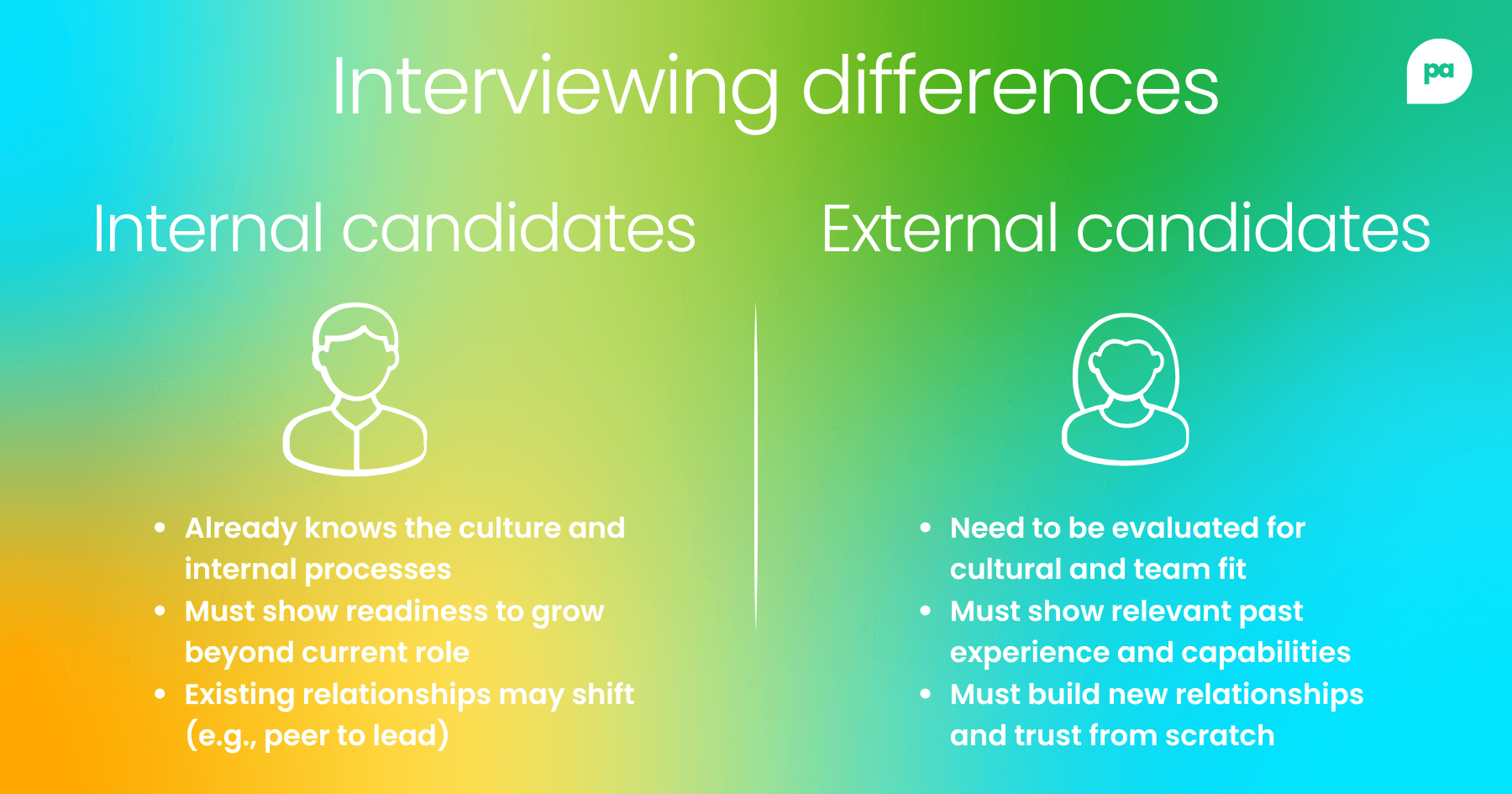
When you're interviewing an internal candidate, you're speaking with someone who already understands your culture, systems, and team dynamics. That’s a major advantage, but it also means your questions should go deeper.
Focus on their growth, their ability to take on new challenges, and how they’d handle shifting roles, especially if they’re moving from peer to leader or switching departments.
On the other hand, external candidates bring fresh perspectives, outside experience, and a learning curve. Your questions should help uncover how adaptable they are, how well they align with your company values, and how they'd build relationships and contribute without prior knowledge of your systems.
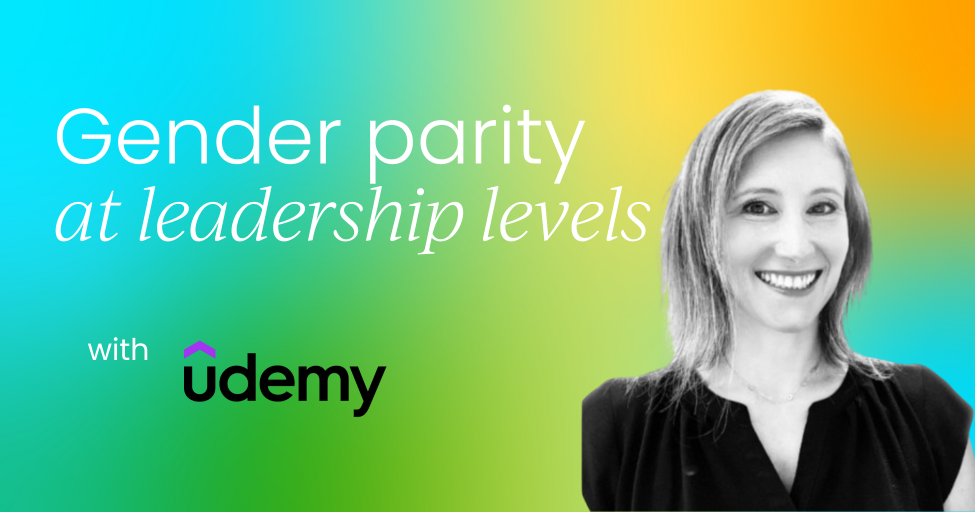
Internal interview questions
When it comes to promotions or lateral moves, interview questions for internal positions deserve just as much attention as those asked of external applicants (if not more).
It can be easy to assume you already know the person sitting across from you, but that familiarity can create blind spots. It’s better to treat internal interview questions as a chance to evaluate readiness for change, leadership potential, and broader business understanding.
A well-structured internal job interview does more than confirm past performance. It reveals how well a candidate understands:
- The company’s bigger picture.
- How they plan to grow beyond their current role.
- How they might handle new relationships, responsibilities, or even managing former peers.
Here’s what every interviewer should keep in mind when preparing interview questions for an internal position:
Don’t skip structure.
Just because you might know the candidate doesn’t mean the process should be informal. To ensure fairness and transparency, try to maintain a consistent approach. This is especially important if there are multiple internal applicants.
Look beyond current performance.
Ask about mindset, vision, and how they’d evolve in the new role, not just what they’ve done in their current one.
Focus on cross-functional and cultural awareness.
Great internal candidates don’t just do their jobs well, they understand how their work fits into the larger company ecosystem.
Explore peer dynamics and leadership readiness.
This is even more necessary if the role involves stepping into management or influencing at a higher level. If that’s the case, include questions for internal job interviews that probe how they’ll manage those transitions.
By thoughtfully designing your interview questions for internal candidates, you give them a chance to shine, demonstrate strategic thinking, and show how they’re ready to grow with the business.
With that out of the way, here are some internal interview questions to consider:
- How has your understanding of our company’s mission and goals evolved since you joined?
- What’s something you’ve learned about our organization that you didn’t fully grasp until you’d been here a while?
- What skills or strengths have you developed in your current role that would be especially valuable in this new position?
- How have you actively prepared yourself for this next step in your career here
- Describe a cross-functional project you worked on. What was your role, and what did you learn about working across teams?
- How do you stay informed about what’s happening across other departments
- How do you see this new role contributing to the company’s broader goals, not just your team’s?
- What challenges do you anticipate in this new role, and how will your experience here help you navigate them?
- What’s one area where you think the company could improve, and how might you contribute to that improvement in this role?
- Tell me about a time you saw an internal process that needed improvement. What did you do, and what was the outcome?
- What’s something you’d do differently in this new role, based on your inside knowledge of how we work?
- How would you leverage your internal relationships to make an impact in this new role?
- Describe a time you had to navigate internal politics or differing priorities to get something done.
- What kind of feedback have you received from coworkers or stakeholders that’s helped shape your approach?
- How would you support or mentor others if you stepped into this role, given your experience here?
- What does leadership look like to you within our culture, even if the role doesn’t have direct reports?
- What’s a major change you’ve experienced at our company, and how did you adapt to it?
- How do you balance staying effective in your current role while preparing to grow into this one?
- What excites you most about growing within our organization right now?
- Where do you see yourself adding value that goes beyond your job description
- If you weren’t selected for this role, what would you take away from the process?
- How would you handle shifting from being a peer to managing former colleagues, if applicable?
- What part of this new role do you expect will challenge you most?
- What does success in this role look like to you?
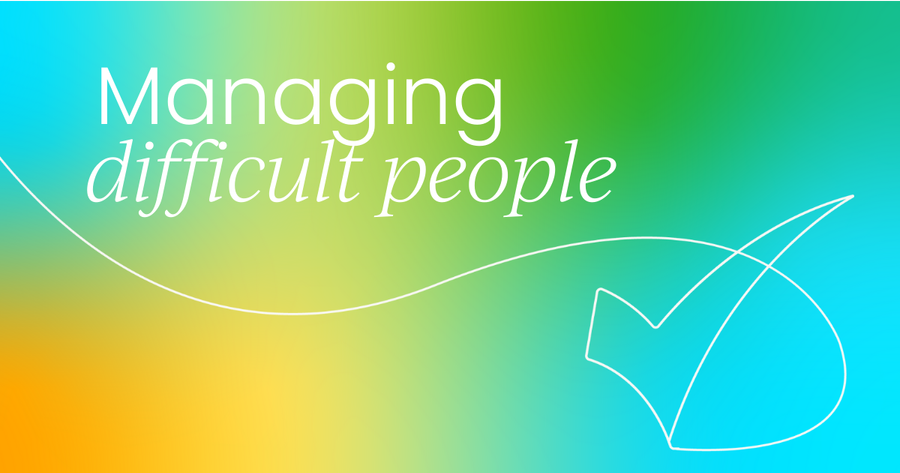
Interview questions for interns
Hiring interns is a unique opportunity to bring in fresh energy, new perspectives, and future full-time talent. But because interns often lack extensive work experience, the focus of the interview needs to shift from resume highlights to mindset, curiosity, and coachability.
Thats why it's so important to ask the right questions in an internship interview ones that uncover how an intern thinks, learns, communicates, and adapts.
Heres what you should aim to assess:
- Will they be proactive and eager to learn?
- Are they capable of working independently with support?
- Will they mesh well with your team's values and style?
- Are they open to feedback, and do they reflect on growth?
Below, are some of the most effective interview questions to ask an intern that focus on potential, not perfection.
- What are you hoping to learn during this internship?
- Tell me about a projectacademic, personal, or work-related that you're really proud of.
- How do you manage your time when juggling school, work, or other activities
- What kind of work environment helps you do your best?
- Can you share a time you worked with a team? What was your role, and how did it go?
- What kind of feedback do you find most helpful?
- What interests you most about our company and this particular role?
- How do you usually handle unfamiliar tasks or topics you've never worked on before?
- What’s something you’ve done outside of school or work that you're proud of, and why?
- If you were to start this internship tomorrow, what would you be most excited, and most nervous about?
Reading between the lines: Spotting green and red flags in interviews
Even the most polished resumes can only tell you so much. During interviews, it's the how behind a candidate’s answers. Consider everything from their tone to their mindset and the stories they choose to share - these can often give you the clearest signal of who they are at work.
And while our gut instincts aren’t perfect, research shows our first impressions are around 76% accurate. This means your initial read often holds real weight, especially when backed by thoughtful questions and attentive listening.
That’s where green and red flags come in.
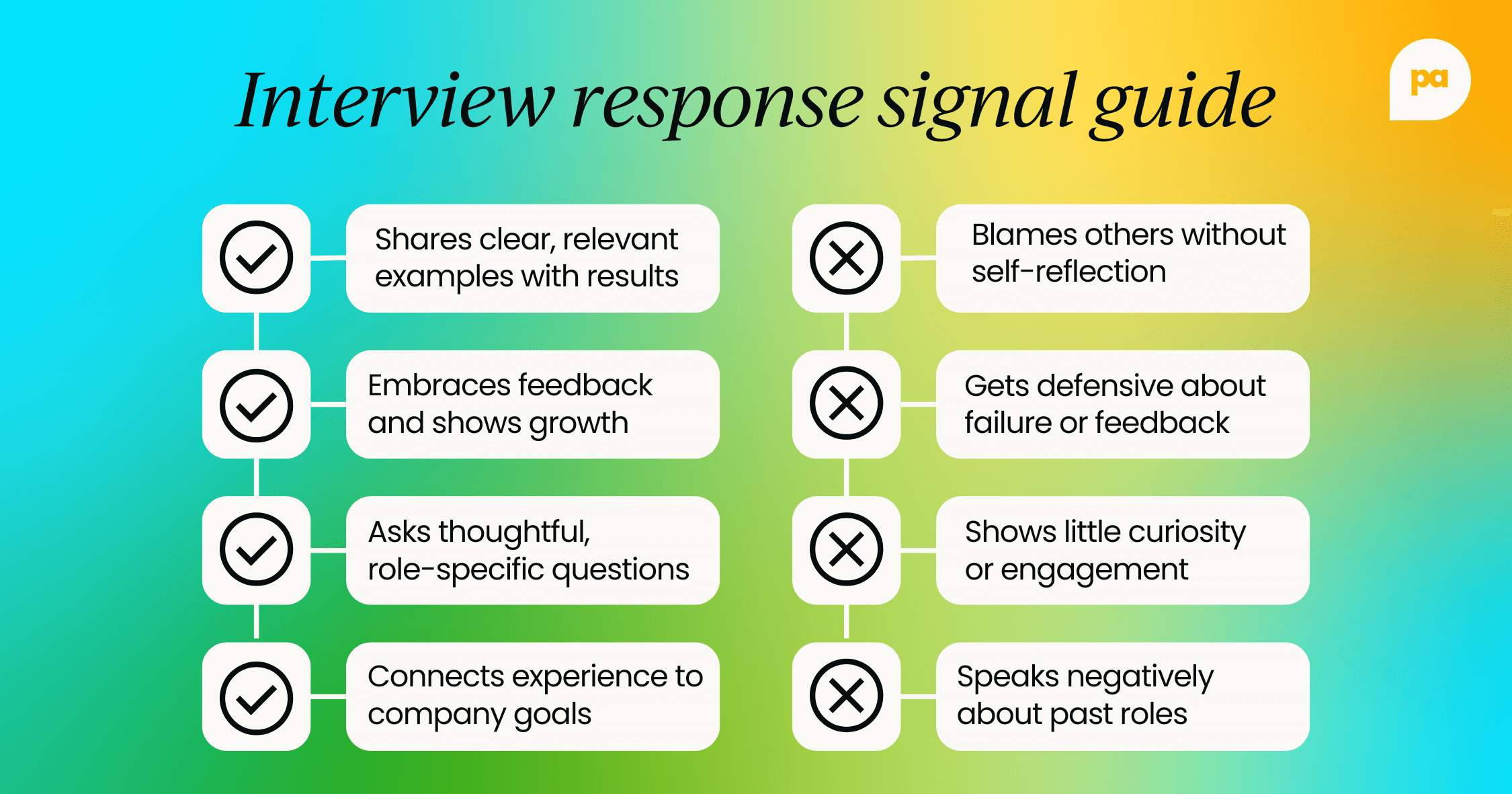
✅ Green flags are those moments that make you lean in: when a candidate reflects with honesty, connects their past work to your goals, and asks thoughtful questions that show they’ve done their homework.
🚩 On the flip side, red flags aren’t always deal-breakers, but they are worth exploring further. If someone deflects responsibility, gets defensive about feedback, or seems disengaged, it could signal deeper issues with accountability or adaptability.
The goal isn’t to judge harshly but to listen with intention.
Everyone gets nervous in interviews. That’s why it’s important to stay curious, give people space to clarify, and notice patterns rather than one-off missteps.
FAQs
What is the best interview question to ask a candidate?
There’s no single “best” question, but a standout option is:
“Can you walk me through a project you’re proud of - what was your role, and what impact did it have?”
This question checks for initiative, collaboration, problem-solving, and results, all in one. The best questions spark real stories, not rehearsed answers.
What are competency-based interview questions?
These are questions that focus on specific skills or behaviors needed for the role. They usually start with “Tell me about a time when…” and are designed to uncover past experiences that show how a candidate thinks or acts in key situations. For example:
“Tell me about a time you had to manage competing deadlines, how did you prioritize?”
What is a pre-screening interview?
A pre-screening interview is a short, early-stage conversation (usually a phone or video call) used to confirm the basics like experience, interest, availability, and cultural fit. It helps narrow down the candidate pool before the full interview rounds begin.
How long are interviews?
Most interviews last between 30 to 60 minutes, depending on the role and stage.
- Pre-screens: 15–30 minutes
- First-rounds: 30–45 minutes
- Final rounds or presentations: 60 minutes or longer
It’s always a good idea to build in a 5–10 minute buffer in case things run over.
How many interview questions should I ask in one interview?
Aim for 6–10 well-chosen questions, depending on the length of the interview. It’s better to ask fewer, deeper questions than to speed through a long list. Make sure to leave time for follow-ups and candidate questions, too!
Can I use the same interview questions for every candidate?
You should ask consistent core questions for fairness and comparison, but it’s also smart to add tailored questions based on each candidate’s background or resume. Consistency + personalization = balanced, insightful interviews.
How do I keep interviews from running over time?
Block out a buffer before and after, and keep your question list realistic for the time slot. Assign time blocks in your head: 5–10 minutes intro, 20–25 minutes questions, 5–10 minutes wrap-up. It also helps to gently guide the conversation if answers go off track.
How do I make sure I’m not being biased during interviews?
Use a structured scorecard, ask the same core questions to all candidates, and take notes during the interview instead of relying on memory alone. Also, reflect on your gut reactions. Are they based on actual performance or just personal preferences?
Need help preparing for interviews?
Whether you're building your first interview guide or refining your process for the hundredth time, you're not alone.
Join our free Slack community for HR professionals to get advice, swap questions, and share hiring wins with others who get it.
Ask questions, get feedback, and level up your interviews - together.

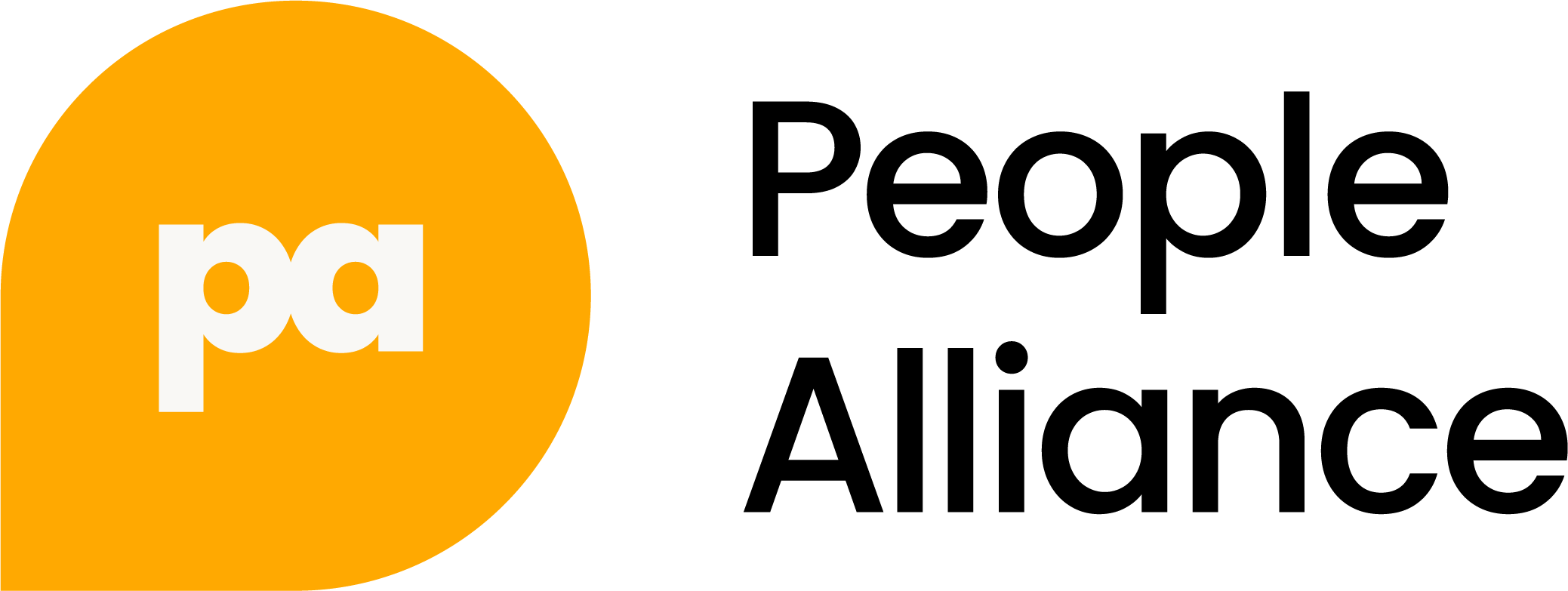

 Follow us on LinkedIn
Follow us on LinkedIn